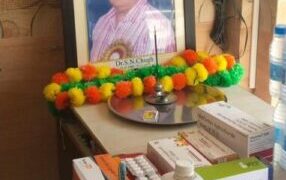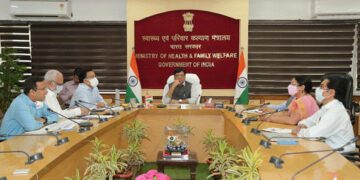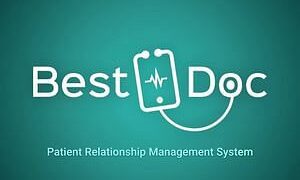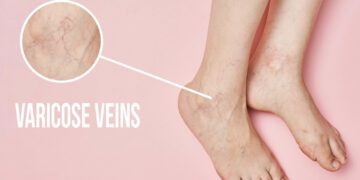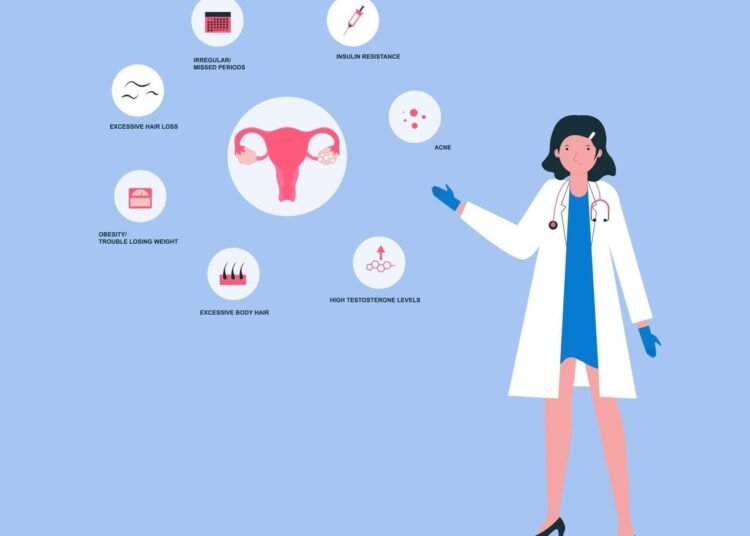By Health In Five Writer
There is a surge in the number of PCOS (Polycystic Ovary Syndrome) cases in not only older women but even adolescent girls. Being overweight, a sedentary lifestyle, and genetics can be the driving factors behind PCOS. Thus, the parents of young girls need to consult the doctor without any delay and seek timely medical intervention. Apart from this, eating a well-balanced diet, exercising daily, staying stress-free, and maintaining an optimum weight can do the trick.
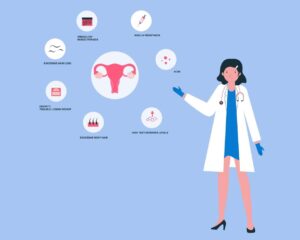
Polycystic Ovary Syndrome or PCOS is seen due to hormonal disorders in teenage girls and women. Girls with a higher level of androgens can suffer from this condition. “Certain things like being confined at home, lack of physical activity, stress, irregular menses, higher junk food consumption, binge-watching TV, and irregular sleep patterns have led to weight gain causes a higher incidence of PCOS. Those with PCOS have higher production of male hormones, insulin resistance, acne, and dark patches on the skin. PCOS can interfere with one’s ability to carry out real-world activities with ease. This condition causes serious complications like hypertension, type 2 diabetes, cardiovascular diseases, and infertility. Every Week we are seeing 5 to 10 patients with complaints of PCOS. Do not neglect this condition at all. It is the need of the hour to manage this worrisome condition by taking note of the symptoms and improving the quality of life,” said Dr Pratima Thamke, Consultant Obstetrician & Gynaecologist, Motherhood Hospital, Kharghar.
The doctor will check the medical history, menstrual history, and physical examination that can determine the condition. Blood tests are done to see the blood androgen hormone levels as well as to rule out other illnesses with comparable symptoms. Even an oral glucose tolerance test can look for increased blood glucose and insulin levels. Your treating doctor will prescribe some medications to tackle symptoms like acne, irregular periods and excess facial hair growth.
“Apart from medications, you will have to adhere to a well-balanced lifestyle. Try to eat fresh fruits, vegetables, whole grains, lentils, pulses, nuts, and seeds and adequate water. Avoid oily, spicy, canned, and processed foods. If the girl has heavy bleeding, she should eat food rich in iron to avoid the deficiency. Spinach, dried fruits, eggs, and broccoli contain iron and should be included in her daily diet. It will be imperative for you to exercise and maintain an optimum weight. Try to exercise at least 5 days a week for 150 minutes. Do not do any strenuous activities as there are chances of injuries. Do yoga and meditation to stay stress-free,” concluded Dr. Veena Aurangabadwalla, Gynaecologist, Zen Multi-specialty Hospital, Chembur.
Follow Health In Five on LinkedIn, Facebook, Twitter & Instagram
Subscribe on WhatsApp & Telegram to receive real time updates




